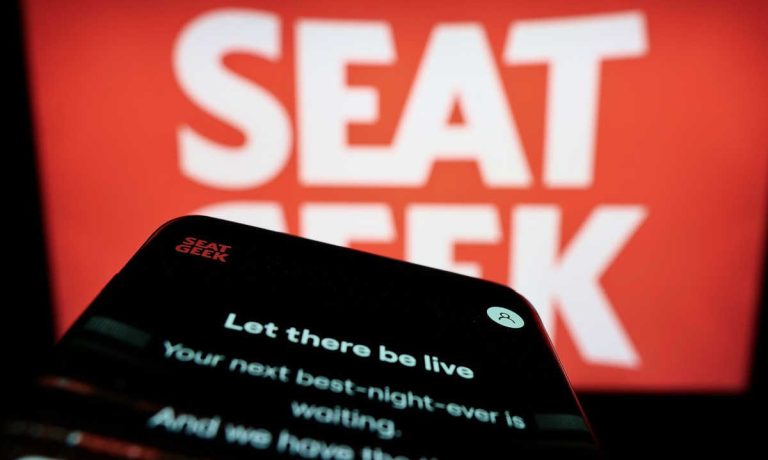SeatGeek Raises $328M Following Canceled SPAC

Mobile ticketing platform SeatGeek has raised $238 million from private investors after canceling plans to go public.
Company officials told The Wall Street Journal Wednesday (Aug. 31) that they plan to use the funds to invest in new offerings, like a program that allows customers to return tickets for credit toward another event. Another program is geared towards the attendee experience, with ticket upgrades and dining options.
The report says SeatGeek is now valued at around $1.2 billion, down from as high as $2 billion in its proposed special purpose acquisition company (SPAC) merger deal.
The company had planned to merge with RedBall Acquisition Corp., a SPAC that includes famed baseball executive Billy Beane on its list of its backers, the Journal said. SeatGeek pointed to the difficult market for rapidly growing companies when ending the merger.
PYMNTS reported recently on the overall decline in the once-popular SPACs this year, particularly in the payments sector. That industry had seen just two SPACs by mid-August, compared to 18 initial public offerings.
Read more: Payments SPACs Face Reckoning as Clock Runs Out on Investment Deadlines
The new funding shows the company’s steady growth, which has been fueled recently by robust demand for concert tickets, SeatGeek Chief Executive Jack Groetzinger told the Journal in an interview.
This rise in live-event attendance following the worst of the pandemic is helping balance out consumer worries about rising inflation, he said.
“The yo-yo on the other side is so positive that it just overwhelms any specific economic concern,” said Groetzinger.
See also: SeatGeek: Payments Orchestration Plays Maestro To Live Event Business Comeback
PYMNTS spoke last year with SeatGeek Director of Payment and Risk Operations Shawn Kelley about this demand.
“The emotional experience that you get from going to a live event — whether that’s a sporting event or a concert — it is something that can’t be replicated any other way,” Kelley said. “There have been tons of online concerts and different events that have tried to go online with some measure of success, but the piece that is missing is that emotional connection that you get with the experience and more importantly with the people you’re with.”